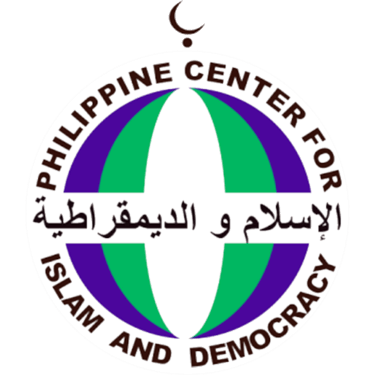NewsSHE TALKS PEACE: Tackling Intolerance
QUEZON CITY (MindaNews /03 October) — I was in Phnom Penh last week for a meeting of the ASEAN Women for Peace Registry (AWPR) with the Governing Council of the ASEAN Institute for Peace and Reconciliation (AIPR). Launched December 2018 in Cebu, then Permanent Representative and member of the AIPR Governing Council Ambassador to Jakarta Elizabeth P. Buensuceso recalled how AIPR thought of creating “a pool of women experts to promote gender perspectives in peace and reconciliation processes throughout ASEAN, as well as to nurture and strengthen the capacities of our home-grown women peace experts.” Further, Ambassador Buensuceso noted: “These women experts may be approached by ASEAN Member States as well as the AIPR in times when a specific expertise is required, such as when resource persons are needed for peace efforts and initiatives of ASEAN Member States.”
AWPR members, while fully aware that we are a Registry of Experts, feel we can do more to help and can be more engaged, particularly since ASEAN has been drafting a proposed Regional Plan of Action on Women, Peace and Security. This was the first meeting of AWPR with the Governing Council, and a productive one.
Our guest on “She Talks Peace” is a member of AWPR. Ayu Katrika Dewi serves as Special Staff to President Joko Widodo of Indonesia, providing him with innovative ideas on peacebuilding efforts and issues relating to tolerance and social cohesion. She currently works as managing director of Indika Foundation.
Recalling the episode on masculinist states and the progress being made on the Regional Action Plan on Women, Peace and Security, I thought Ayu could provide new insights as she works within the corridors of power in Indonesia.
There are two different facets of security and peacebuilding in Indonesia. The first is hard security, which pertains to matters such as terrorism and violent extremism. Ayu deals with the second facet—soft security. Here, she advises the President on ways to pre-empt and prevent domestic problems of intolerance. An effective communicator, Ayu opts out of using run-of-the-mill issue briefs when corresponding with the President. Observing President Widodo’s quickness to absorb information, she will sometimes commission an artist to transform her reports into comic books or infographics, so the President can digest complex information and ideas quickly on a tight schedule.
Ayu’s civil society work is as managing director of Indika Foundation. Indika is a foundation geared toward creating an impact on peace education and character building for the youth. It focuses on cultivating the youth’s critical thinking and socio-emotional skills to become effective peacebuilders. Ayu asserted, “Without these [skills], it’s difficult for a [person] to become a peaceful human being.” To do this, Indika organizes various activities like journalism trips. During a journalism trip, youth participants visit post-conflict areas to interact with the people therein, learn about their experiences, and discover firsthand how they overcame intolerance in their communities.
We spoke of “mindfulness” as a peacebuilding tool.Ayu learned to practice meditation and mindfulness from her mentor, and she promotes the two as tools for leaders and peacebuilders. Mindfulness, she explained, is the practice of being present and “[being] aware of expressing what is going on in our heads.” Ayu stressed that it is an excellent exercise in anger management, as it helps practitioners to assess their reactions to triggering situations. “If you’re not aware, then you can be swept into an intense emotion. Our actions will be clouded by these emotions.” She even believes that some acts of intolerance can be prevented through mindfulness.
On Indonesia’s track record in promoting tolerance and diversity, I remarked, “It has always struck me that among our ASEAN neighbors, Indonesians are—maybe genetically—more mindful.” Ayu attributes this to a combination of Indonesia’s cultural background and the government’s initiatives. Unity in diversity is the founding father’s rallying cry for Indonesians to embrace the country’s inherent diversity and use it as a steppingstone to prosperity. The government also has initiatives to integrate peacebuilding into several aspects of daily life. This is the case in education, for example, where the Minister of Education designated the following acts as the “three biggest sins”: bullying, sexual harassment and intolerance. Such an appreciation for peace and tolerance from government agents builds bridges for Ayu to assist in integrating peacebuilding programs in school curricula.
“To create peace in the outer world, we have to create peace inside,” Ayu reminds aspiring peacebuilders. Peacebuilders must make peace with and work through their personal trauma, dissatisfaction and disappointment before addressing the conflicts of others.
Listen to Ayu’s observations on working with President Joko!
She Talks Peace is now on Twitter and Instagram! Follow our pages to interact with us, and to get updates on the latest podcast episodes.
Twitter: https://twitter.com/shetalkspeace
Instagram: https://www.instagram.com/shetalkspeace/
(MindaViews is the opinion section of MindaNews. Amina Rasul is the President of the Philippine Center for Islam and Democracy, an advocate for Mindanao and the Bangsamoro, peace, human rights and democracy.)
